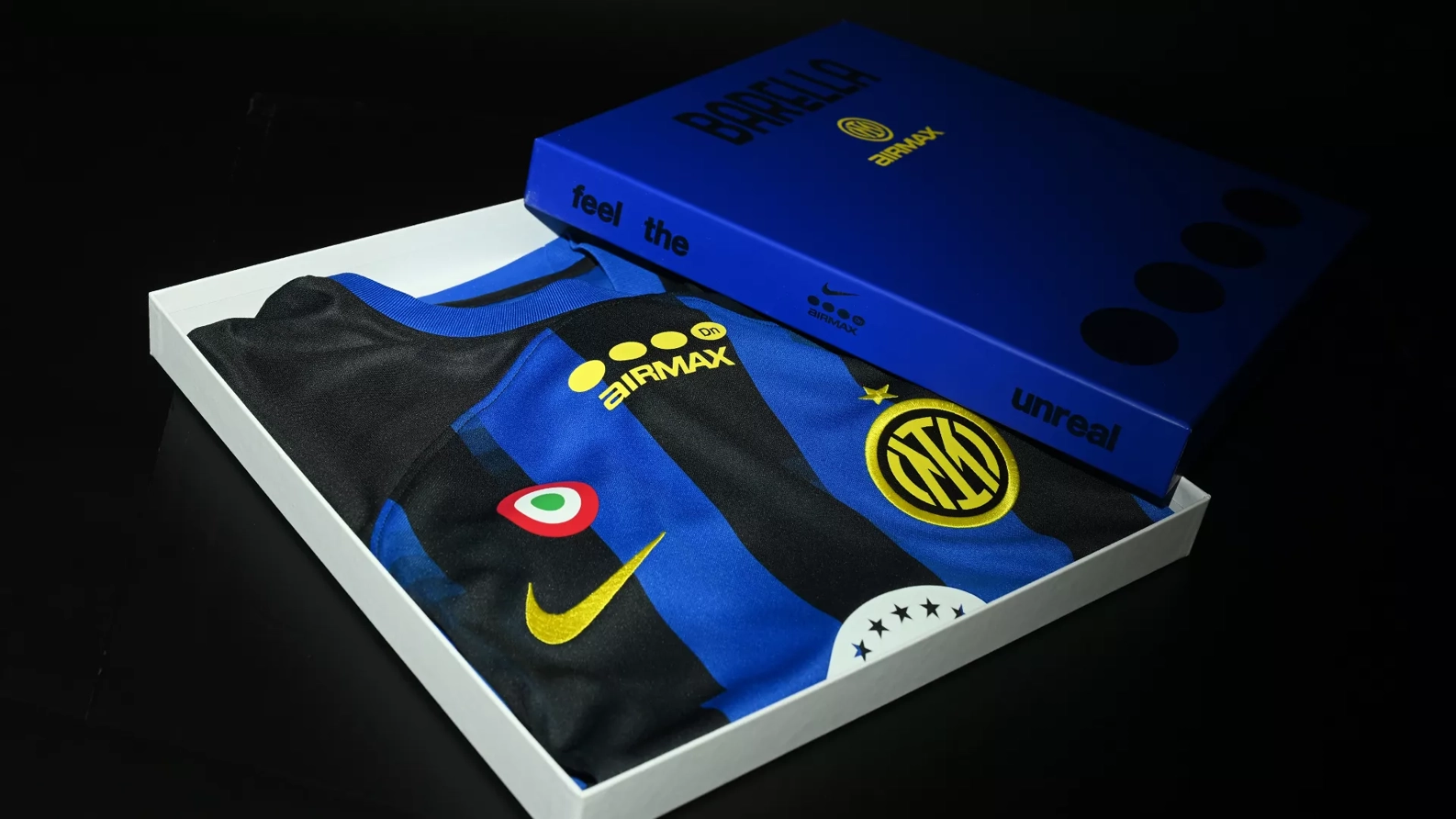After top flight football was absent for exactly 100 days, the Premier League’s comeback via ‘Project Restart’ has brought a sense of light to an otherwise dark timeline.
While Coronavirus has tragically claimed more than 40k lives in the UK, the unlawful killing of George Floyd has exposed the systemic racism facing black people on both sides of the Atlantic Ocean.
One positive has been the way that young black footballers have responded to the crisis. Aware of contemporary social issues and willing to embrace the responsibility that comes with being a role model, ballers like Jadon Sancho, Marcus Thuram, Marcus Rashford, Rhian Brewster and more have tackled the problem in their own way: from goal celebrations honouring the memory of George Floyd, to bravely speaking on their own experiences of racism and why we still need change.
The conversation these players are trying to have is not a new one, at least when it comes to how racism damages football. Black players past and present have been discussing racism in football – and the governing bodies’ inability to tackle it – for years.
"It’s not Raheem Sterling’s job to be the person football’s leaders can hide behind."
Football’s template response to racism is ‘showing solidarity’. In the last few weeks alone, squads have collectively taken the knee, issued statements of support to the black community on social media, and worn T-shirts with anti-racism slogans during training. While giving the cause such visibility is essential for letting the world know that racist abuse won’t be tolerated on the terraces – it quite simply isn’t enough. The ugly truth is that racism within in football hasn’t been treated with the gravity that it deserves.
When a player receives tougher punishments for wearing ‘Paddy Power’ sponsored underwear than a national federation does for its fans making racist noises for 90 minutes, it tells us all we need to know.
It’s still true that the people making such decisions are predominantly older white men – and it’d be easy to conclude that’s why serious penalties for racism are few and far between. They just don’t get it.
But racism is everyone’s fight.
https://www.instagram.com/p/CA5EXsKn6LP/
It shouldn’t be only black players fighting racism, and it’s not Raheem Sterling’s job to be the person football’s leaders can hide behind in order to declare that ‘football isn’t a racist sport’.
One third of Premier League players are black, and every single changing room is a celebration of diversity. They truly represent the towns and cities so many of us live in. In the real world, if our neighbour was facing discrimination...we’d back them. And it should be the same story for the game’s leading white players right now.
We’ve already seen this scene play out in one of sport’s most iconic moments. The 1968 Olympics saw two American sprinters – Tommie Smith and John Carlos – raise a fist on the podium (during the national anthem) to symbolise Black Power and protest segregation and racism in America. Australian silver medallist Peter Norman wore a human rights badge with the two US sprinters on the podium and even gave the duo advice as to how to make their pose more impactful. His demeanour empowered two black athletes to make a statement that changed the public discourse on racism in America.
"Solidarity is not just taking part in online campaigns or reading scripted statements."
As the Premier League restarts this week, a similar opportunity presents itself to leading white players like Harry Kane, Jordan Henderson, Harry Maguire and many more.
They should speak out about the treatment of their colleagues in the media. They should speak out when players are subjected to racist abuse in stadiums. They should speak out on the mystifying lack of diversity in professional coaching teams. They should take a knee after scoring a goal.
Solidarity is not just taking part in online campaigns or reading scripted statements, it’s standing arm-in-arm with your comrades when they need you the most.
The time is now for white players to do more than they ever have before.


.svg)

























.jpg)
































.jpg)
.jpg)




.jpg)

































.png)
%20copy.jpg)
































































